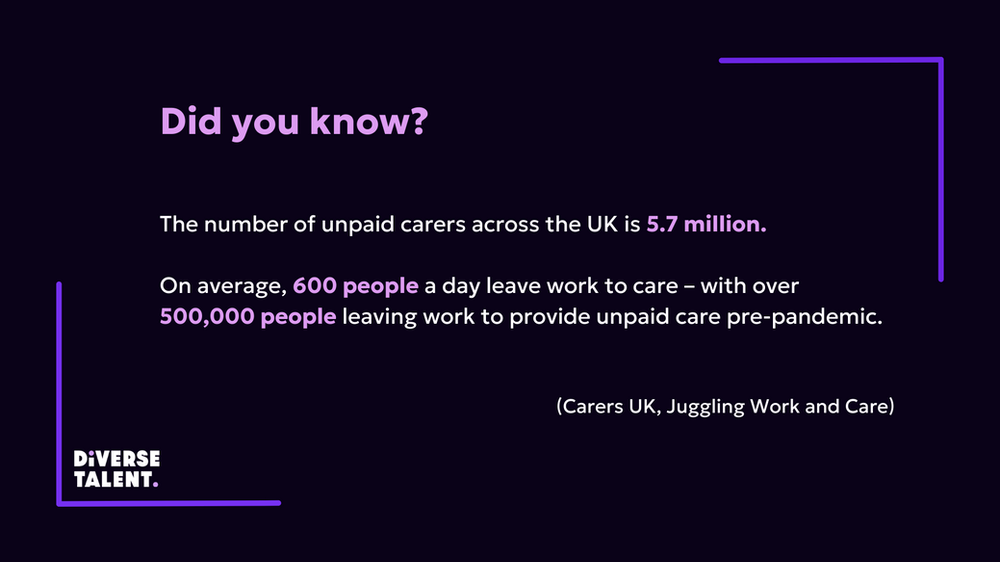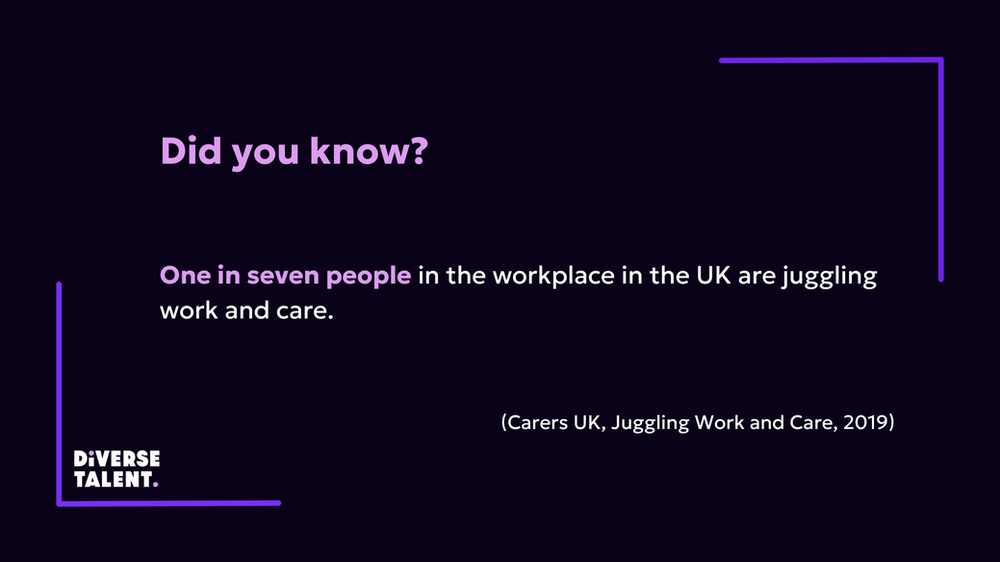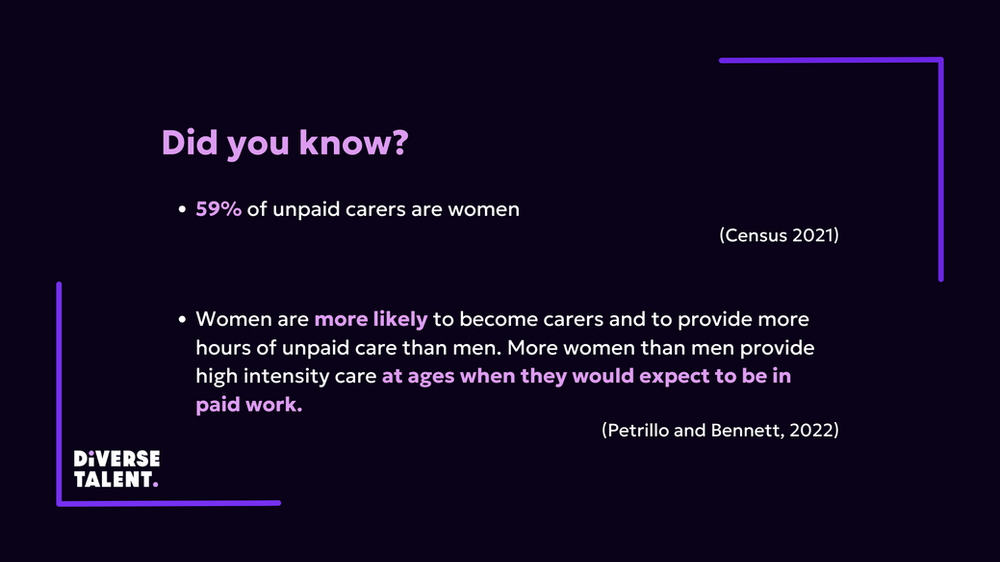Carers Rights Day: A Brief Overview
Carers Rights Day is an annual event in the UK that aims to raise awareness about the rights and challenges faced by unpaid family carers.
The mission? To provide unpaid carers with essential information and support. Established in the UK by Carers UK, a charity supporting unpaid family carers, Carers Rights Day has evolved into a nationally recognised event dedicated to addressing the needs and rights of carers.

When and How to Get Involved
Mark your calendar for November 23rd, 2023, because that’s when Carers Rights Day is taking the stage. It’s not just a date; it’s an opportunity for carers to learn about their rights, especially in the workplace.
Participating is easy enough – attend local or virtual events, access information online, seek support from caregiving organisations, share your experiences, join advocacy efforts, and don’t forget the self-care vibes.
We massively suggest checking out Carers UK where you’ll find every piece of information you need on how to get the most out of Carers Rights Day.

Empowering Carers in the Workplace
Carers Rights Day emphasises empowerment, and this extends to the workplace. Whether you’ve just stepped into caregiving or you’ve been at it for a while, understanding your rights at work is crucial. Let’s break it down:
Flexible Working
If you’re juggling work with caregiving responsibilities, here’s your ace – the right to request flexible working. There are multiple types of flexible working which include:
-
- Flexi-time
-
- Working from home/ remote working
-
- Job sharing
-
- Part-time working
-
- Term-time working
-
- Staggered hours
-
- Compressed hours
-
- Mealtime flex
-
- Annualised hours.
Carers UK has the inside scoop on what your rights are and how to make the request with your employer. This flexibility can make a world of difference in managing both work and caring duties. Check out more information from Carers UK here on exactly what your rights are: https://www.carersuk.org/help-and-advice/work-and-career/your-rights-in-work/requesting-flexible-working/
Health and Well-being Priority
As an unpaid carer, you’re entitled to certain rights that go beyond the office doors. If you’re providing unpaid care, you can ask your GP practice to identify you as a carer on your patient record. This not only ensures you’re on the radar for priority vaccines but also sets the stage for other public health campaigns.
Free Flu Jab: Taking care of your health is paramount. You have the right to request a free flu jab, and if you’re the main carer for an older or disabled person, you should be offered one. Chat with your GP or local pharmacist to ensure you’re safeguarded against the flu.
Workplace Equality
The law, under the Equality Act 2010 (or the Human Rights Act and Section 75 of the Northern Ireland Act in Northern Ireland), protects you against discrimination or harassment because of your caring responsibilities. Knowing your rights is a powerful tool if you ever feel treated unfairly due to your caregiving role.
Supportive Measures
In times when you need assistance, a carer’s assessment is your go-to resource. This assessment, known by different names in different regions, ensures that your needs for support are recognized and addressed.
Anticipating Future Rights
Campaigns led by Carers UK are pushing for legislative advancements, such as the Carer’s Leave Act which will give employees, who are balancing work with unpaid care, the legal right to request up to five days unpaid leave every twelve months.
There’s also the Employment Relations (Flexible Working) Act, which states that anyone will be able to ask their employer for changes to their working hours, times of work, or place of work from day one.
Both of these initiatives are expected to become law in 2024 and overall aim to grant unpaid carers legal rights to unpaid leave and flexible working arrangements.

Carers Rights Day is not just a day; it’s a movement. As we approach November 23rd, let’s amplify awareness about the rights of unpaid carers, especially in the workplace, and ensure they have the support they need to navigate the complexities of caregiving and employment.
Written by Katie Ashenhurst – Digital Design Engineer




